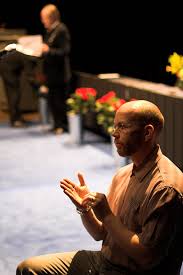
The story: A deaf man's sister teamed up with Samsung for the stunt. Months of preparation went into learning the sign language and setting up cameras around the neighbourhood.
In the video, a passing pedestrian signs hello to Muaharrem and his sister, the man in the local shops signs the day's selection of bagels. Then the very next person they encounter drops his purchases and signs that he'd like to offer them an apple as thanks. When a cab driver communicates this way, Muaharrem wonders what's going on.
The pair end their journey in a public square, where the stunt is revealed and Muaharrem's neighbours are waiting to greet them.
Surrounded by Samsung branding, he winds up in tears. The video is well worth watching to see how people were trained, cameramen set up, and how the young man reacted. Source: The Independent.
Of course, there's the usual ad to watch before the video, or the option to skip it. Why are everyday videos, even those promoting books or showing a funny clip on Facebook, preceded by an advertisement nowadays? Well of course, everything has to be paid for. I guess Samsung's promotion for hearing-impaired people must have cost a lot of money which needs to be recouped.
However, the main focus is the way the people in Muaharrem's area showed a willingness to learn something new, to show kindness, and to include a disabled man in their lives. Even if they were paid to do so, it still gives us all hope for a more inclusive society.

I'm not bitter. I didn't live through the self-sufficient seventies without learning to rely on my own attributes. I can write and communicate on social sites, unlike many of my internet-shy peers.
How do you treat elderly people? Let's, at least, smile at strangers we meet. It costs nothing and is readily available. You could give someone a boost.






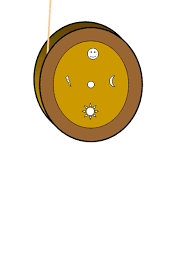


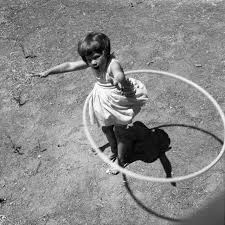




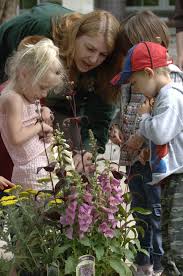

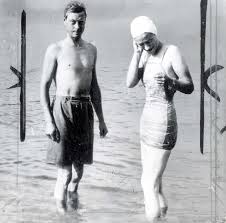
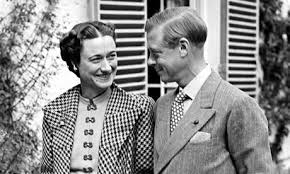
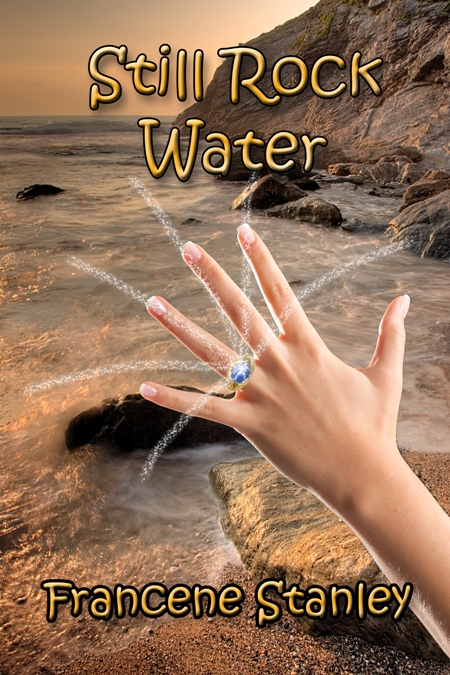

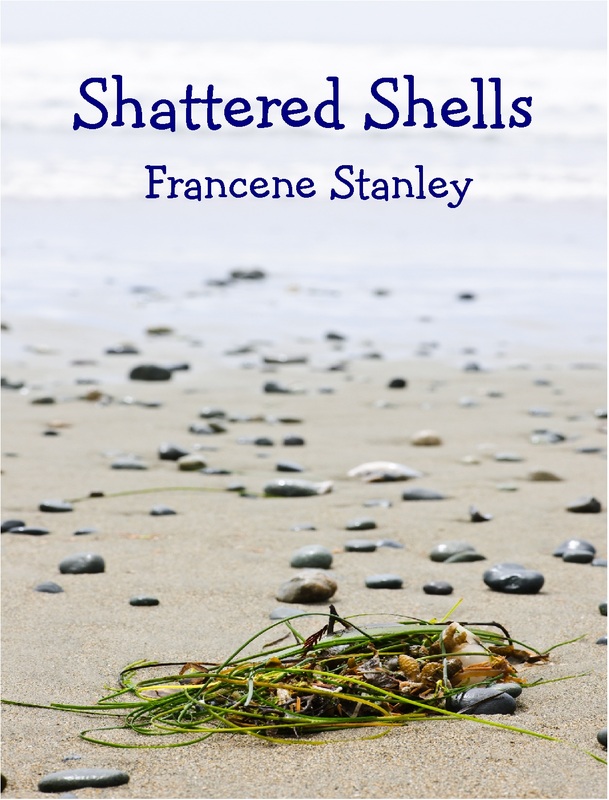

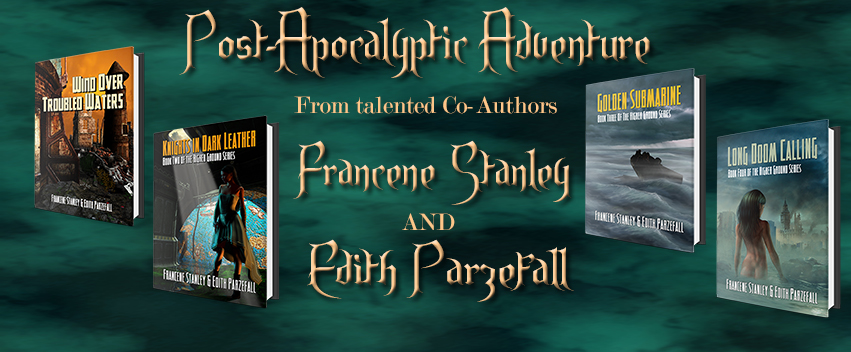
 RSS Feed
RSS Feed
